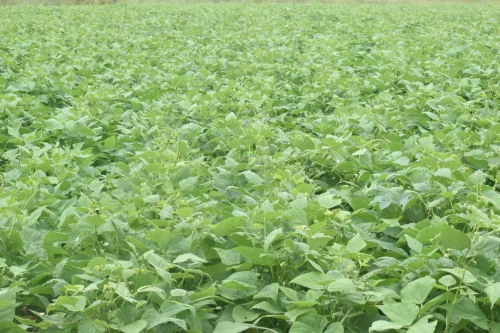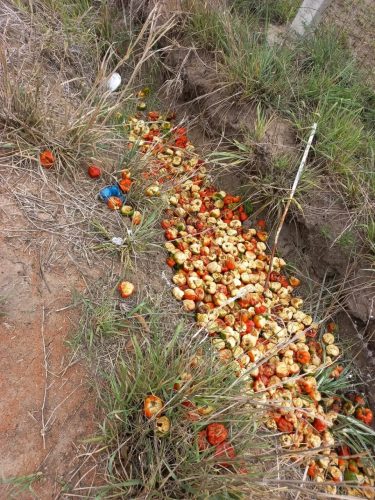By Agribusiness Media Reporter
In a significant push towards inclusive growth and national food security, the Government of Eswatini has launched five Technical Cooperation Programme (TCP) projects worth over E14.6 million (US$821,000), supported by the Food and Agriculture Organization of the United Nations (FAO).
The projects, which span 2025 to 2027, were unveiled by Minister of Agriculture Mandla Tshawuka at a recent press briefing in Mbabane, where he emphasized the role of sustainable agriculture in driving economic development and building resilience in the face of climate change.
“These projects are directly supporting our National Development Plan and align with the African Union’s CAADP Declaration on agriculture-led growth,” said Minister Tshawuka. “We are laying a foundation for food sovereignty and unlocking the potential of our agrifood systems.”
Focus Areas of the E14.6 Million Investment
The five FAO-backed initiatives target core challenges within the sector, from land use planning to agrifood systems innovation:
- Support for the Use of Climate-Smart Technologies
- Budget: US$175,000 (approx. E3.15 million)
- This initiative will promote climate-smart agriculture, enhance productivity, and equip farmers with tools to navigate risks such as droughts and pests.
- Accelerated Adoption of Innovative Agrifood Systems
- Budget: US$110,000 (approx. E2 million)
- Aims to drive inclusive agrifood transformation by embracing digital innovation, precision agriculture, and value chain competitiveness.
- Support for Updated Soils and Agroecological Zoning Classification
- Budget: US$170,000 (approx. E3.06 million)
- Targets land use planning, land degradation control, and improved access to soil maps and agroecological data.
- Strengthening Resilience of Smallholder Farmers
- Budget: US$140,000 (approx. E2.5 million)
- Will help small-scale farmers adapt to shocks through climate-resilient crops and farmer field schools.
- Support for Sustainable Land Governance
- Budget: US$220,000 (approx. E3.96 million)
- Aims to develop sustainable land policies and resolve tenure conflicts while supporting the National Land Governance Framework.
Strong Partnership with FAO
FAO Eswatini’s Assistant Representative, Howard Mbuyisa, reaffirmed the organization’s commitment to supporting the Kingdom’s agricultural transformation. He highlighted the alignment of all five projects with the country’s strategic frameworks, including the Agriculture Sector Policy and the National Development Plan.
Minister Tshawuka praised FAO’s role as a “trusted ally” in advancing the Hand-in-Hand Initiative, which accelerates agrifood systems transformation by targeting critical gaps using high-impact, country-led programming.
“This partnership helps us focus on value chains that matter most—especially in rural communities and among women and youth,” said the Minister.
What This Means for the Sector
For Eswatini’s farmers, agripreneurs, and agri-SMEs, the new investment signals increased opportunities for growth, innovation, and market access. With updated land data, digital tools, and resilience strategies in place, the sector is expected to become more competitive, climate-resilient, and sustainable.
Agribusiness stakeholders are encouraged to engage with these programmes through upcoming consultations and implementation phases, particularly around climate-smart innovations, land reform, and technology adoption.
As Eswatini eyes a food-secure future, these interventions could prove catalytic in unlocking the full potential of the country’s agrifood sector.



